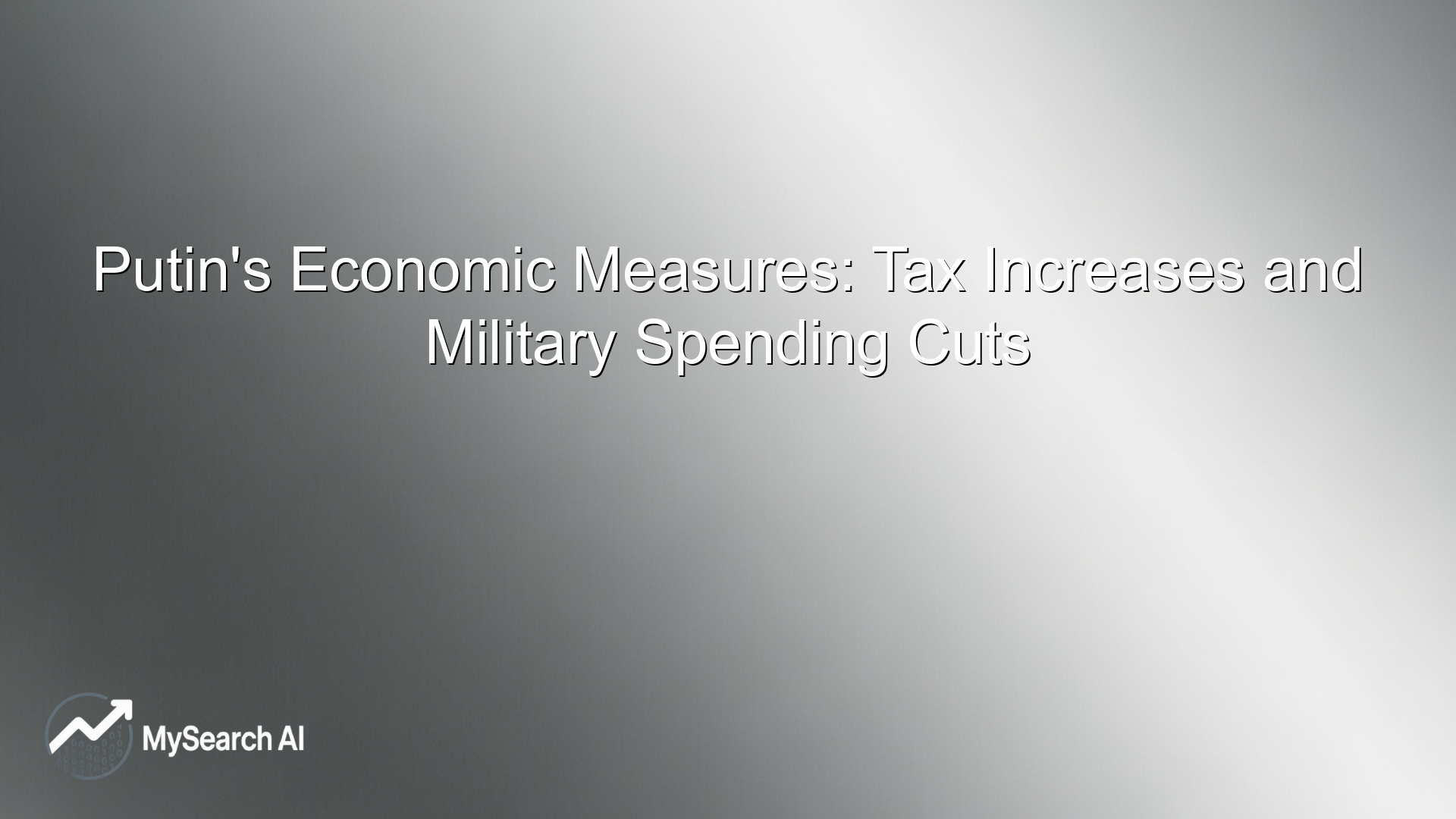Related Articles
Ask anything about stocks
Burundi’s Economic Outlook: Challenges and Reforms Under New Leadership
Burundi stands at a significant crossroads as Nestor Ntahontuye steps into the role of Prime Minister on August 5, 2025. With a history as the Minister of Finance and Economic Planning, Ntahontuye’s leadership is expected to address the pressing economic issues facing Burundi. The country grapples with a notable fiscal deficit, and efficient public financial management is crucial for future stability. This article delves into the challenges and reforms shaping Burundi’s economic landscape.
Challenges Inherited by New Leadership
Nestor Ntahontuye’s appointment comes at a critical time. Burundi’s economic challenges are accentuated by a fiscal deficit exceeding 7% of its GDP. The deficit strains public sector sustainability and necessitates immediate reform. Political instability in recent years has further complicated fiscal policies, leading to inefficient government spending and low investor confidence.
Moreover, inflation has been a persistent issue, hovering above 10% annually. Such high inflation rates diminish purchasing power and deter potential foreign investments. The agricultural sector, a backbone of the economy, faces productivity and export challenges due to outdated practices and climate issues. These economic barriers require decisive leadership and strategic reforms.
Prime Minister Ntahontuye’s past experience as Minister of Finance equips him with insights needed to address these barriers. His plans involve tightening public spending, improving budget allocations, and seeking international aid to plug the fiscal deficit. His previous economic strategies often emphasized transparency and efficiency, principles that are expected to guide his current economic reform agenda.
Reforms for Sustainable Economic Growth
Public financial management stands at the core of Ntahontuye’s economic reforms. Improved budget processes and fiscal discipline are key areas of focus. Enhancing government transparency and accountability will aid in reducing corruption, which has historically undermined economic policies.
Ntahontuye aims to implement comprehensive audits and evaluations across government departments to ensure funds are utilized effectively. These are expected to save costs and improve the delivery of public services. Additionally, efforts to digitize fiscal operations can further streamline processes and enhance efficiency.
International collaboration forms another pillar of Ntahontuye’s strategy. By fostering stronger ties with global financial institutions, Burundi can secure essential funding and technical support. The Prime Minister’s proactive approach in engaging with the World Bank and International Monetary Fund highlights a commitment to integrate international best practices into local fiscal policies.
Impact on the Private Sector and Investment
Prime Minister Ntahontuye’s reforms hold significant implications for Burundi’s private sector. His government aims to create a conducive business environment by simplifying regulatory processes and reducing bureaucratic hurdles that have historically restricted business operations.
These reforms include tax incentives for startups and small businesses, which are key drivers of economic diversification. By promoting entrepreneurship and innovation, the government hopes to boost employment and economic activities.
Improving infrastructure, particularly in transportation and energy sectors, is also a priority. These improvements are expected to lower operating costs for businesses, making Burundi more attractive for foreign and domestic investment. By building a robust legal framework to protect investors’ interests, Ntahontuye’s leadership assures a safer, more promising investment climate.
The Role of Meyka and Real-Time Analytics
In managing these sweeping economic reforms, leveraging technology is crucial. Platforms like Meyka provide real-time financial analytics and predictive insights essential for informed decision-making. As Burundi tackles its fiscal challenges, these AI-powered tools can help policymakers with accurate forecasting and strategic planning.
Meyka’s capabilities to analyze complex datasets quickly and effectively offer a valuable resource for understanding market trends. This allows the government to make data-driven decisions, ensuring that reforms are on track and responsive to the evolving economic environment. Collaboration with such platforms also enhances transparency and accountability, crucial for gaining public trust.
Final Thoughts
Under Prime Minister Nestor Ntahontuye’s leadership, Burundi faces both challenges and opportunities. Addressing the fiscal deficit and reforming public financial management are vital for stabilizing the economy. As these reforms unfold, Burundi’s prospects for economic growth depend heavily on effective governance and international collaboration. By utilizing platforms like Meyka, the country can ensure data-driven strategies guide its economic future. This period is crucial for initiating tangible growth and redefining Burundi’s economic trajectory.
FAQs
What are the main economic challenges facing Burundi?
Burundi faces a significant fiscal deficit exceeding 7% of its GDP, high inflation rates, and inefficiencies in public financial management, which need urgent reforms.
How is Prime Minister Nestor Ntahontuye addressing the fiscal issues?
Ntahontuye plans to implement fiscal discipline, improve budget allocations, seek international aid, and enhance government transparency to tackle the fiscal deficit.
What role does Meyka play in Burundi's economic reforms?
Meyka provides real-time analytics and predictive insights that assist policymakers in making data-driven decisions, crucial for effective economic reform implementation.
Disclaimer:
This is for information only, not financial advice. Always do your research.



